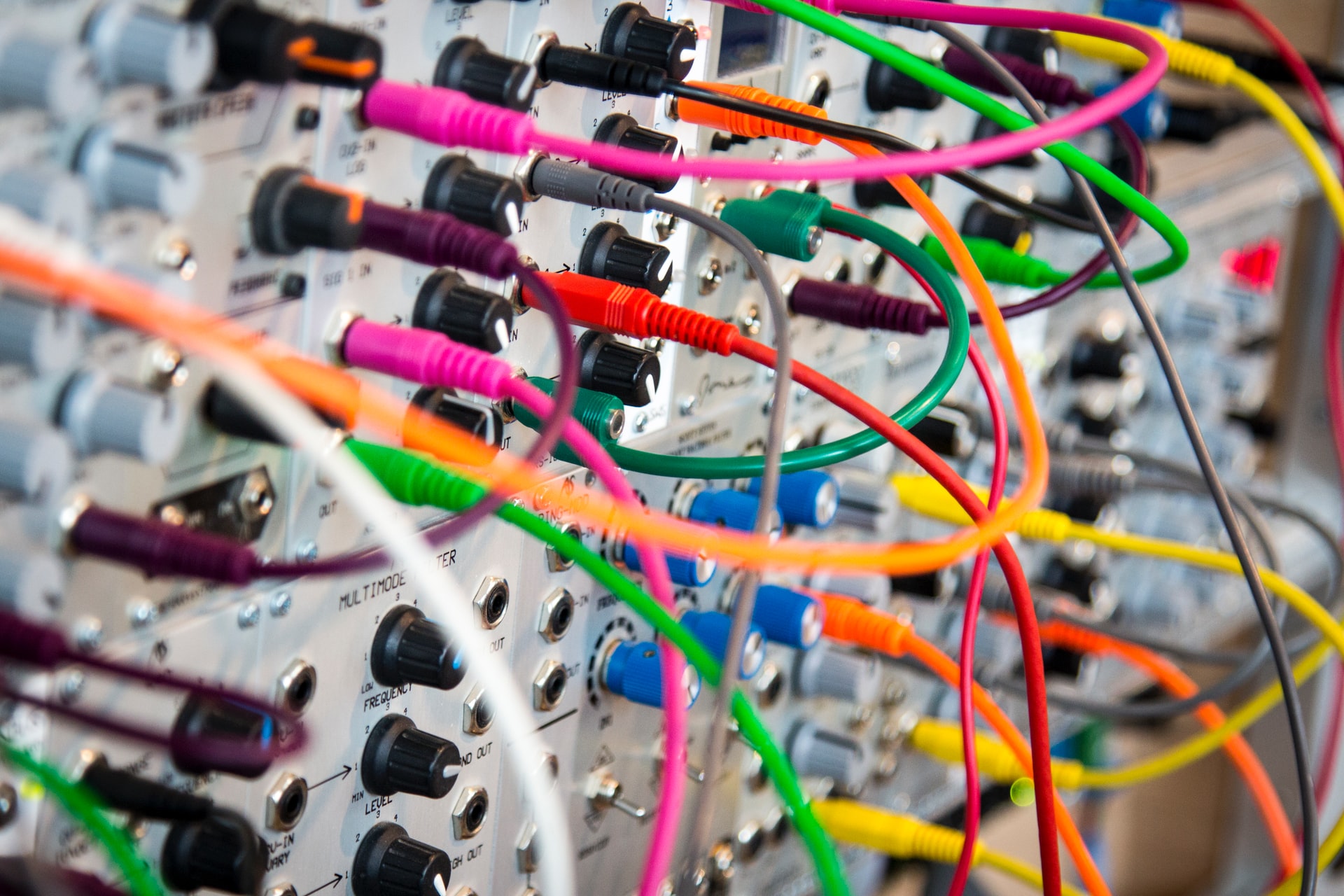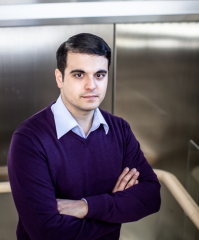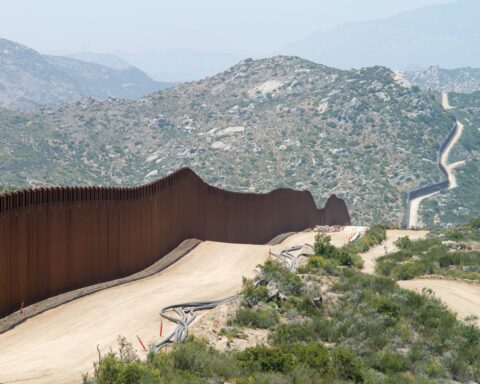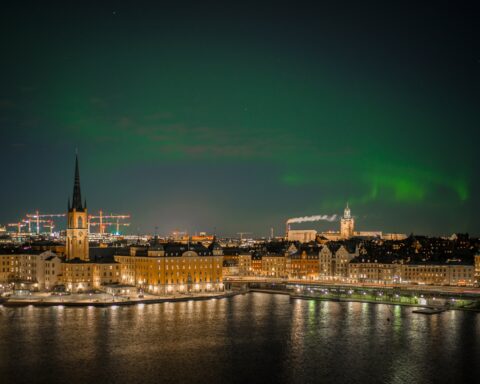
WORLD. Globalisation has historically often been interpreted as an economic and technological process. However, modern globalisation is a many-sided and complex process that has been hard or even impossible to predict, as in the case of the Covid-19 pandemic. For more people to get involved in the world’s development, it is also necessary for democracy to become more globalised.
Since the end of the 1980s, many studies about globalisation have been published. The most common definition of globalisation is by presenting it as increased economic and technological flows. At the same time, globalisation as a process and phenomenon has social, cultural and political sides.
In order to understand why the focus on globalisation has been centred around the economy, it is important to understand the historical context of modern globalisation. Already during the 1970s, certain experts and academics started writing about the upcoming economic and institutional changes. Even before globalisation became an established term, it was recognised that aspects such as the Internet, computers, and mobile phones transformed from industrial to informative societies.
One individual who resonated in such ways was political scientist Ernst B. Haas who based his arguments on the contemporary European Economic Community’s institutional development. Haas concluded that technological changes would lead to an end of European political and economic integration because European and other governments worldwide, instead, would prefer global integration and collaboration.
During the 1990s, one of the world’s most unique and groundbreaking developments took place when the European Union was formed as a polity. It was a process based on democratically approved supranational integration and cooperation. Also, it happened at the same time when globalisation became one of the primary global stories that, in principle, all humans around the world had to relate to. So how did these connected, complementing but also conflicting process take place simultaneously?
One of the answers is that globalisation turned out to be very hard to predict and that hardships of prediction led to support for other developments, as regional integration.
When it comes to Europe, many contemporary political leaders and citizens thought that the EU was needed to handle globalisation in different policy areas as it was later manifested in climate negotiations in the 2000s and refugee reception during the 2010s.
As globalisation took place during the 1990s, sociologists Ulrich Beck presented his ideas of the world as “the global risk society”. According to Beck, globalisation meant much more than economic aspects because it was also about everything from migration and terrorism to climate and welfare. Beck argued that states should not act as nation-states but as cosmopolitan states that can handle global problems and risks.
In general, all problems are depending on how humans are socially constructing and interpreting them. Problems can be simple and difficult and can be complicated and complex. For many people who were critical or negative to globalisation, the case was often that globalisation was interpreted as something complicated, which led to conclusions that globalisation could be prevented or controlled efficiently. In reality, globalisation has proven to be a more complex process that is not the same as a complicated process.
For example, underground public transportation as a metro is a complicated system with all its trains, time schedules, tunnels in combination with hundreds of thousands of daily passengers. Planners and other metro employers can still make judgments and analysis of risks and problems such as suicide attempts and electricity failures. Creation of new train lines and other significant changes demand agreements in planning and political decisions at the local level combined with other decisions and requirements.
Complexity, on the other side, is a much more different process, as seen in technological decentralisation. Only some years ago, it was still common with opinions that taxi cars, and not Uber or Lyft, were obvious in urban centres around the world. Applications, blockchains and artificial intelligence make it possible for different systems, components and networks to cooperate and complete each other in ways that make such processes hard or even impossible to predict. Usage of decentralised technology is touching everything from terrorists to impacts on ecology and how social and economic interactions will look in the future.
The manifestation of complexity is also obvious when it comes to climate change because climate change, transformation and development are including urbanisation, energy and economy. Dealing with climate change means complex solutions where the public, private and individual institutions are all part of the general solution. Complexity is not only about how a problem is perceived and constructed but mainly about acceptance for different ideas, perspectives and partial solutions that need to melt together and integrated into a holistic structure through collective wisdom and planetary consciousness.
Through the years, globalisation has been criticised for being undemocratic and for reducing acting spaces for the government’s decision-making and popular sovereignty. At the same time, there is no “national sovereignty” when it comes to climate change, AI and nuclear weapons’ impact. In order to deal with global problems, challenges and risks, more people need to have planetary awareness. Via digital democracy and co-creative process, as in communities and social platforms, more people can be involved, and more knowledge can be gathered. Thereby, complexification and further globalisation of democracy are necessary for a peaceful, harmonic and wealthy future of our planet.

global@opulens.se








